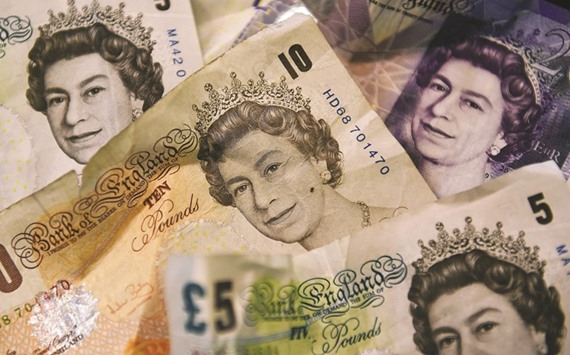Europe’s stock markets rose yesterday on the eve of a meeting by European Central Bank chiefs, expected to keep pumping liquidity into sluggish eurozone economies.
Analysts believe, however, that key interest rates will remain steady, at least until the economic fallout from Britain’s vote in June to leave the EU becomes clearer.
At the close, London’s benchmark FTSE 100 index added 0.2% as dealers digested a raft of economic data, some pointing to more resilience in the economy than many had predicted pre-Brexit.
In the eurozone, Frankfurt’s DAX 30 and the Paris CAC 40 both ended the day 0.6% higher.
ECB president Mario Draghi and the decision-making governing council convene in Frankfurt today for their regular policy meeting.
“Expectations of continued support from global central banks is providing the momentum for European markets,” said Rebecca O’Keeffe, head of investment at stockbroker Interactive Investor. “Equity markets would welcome further easing but this remains unlikely,” added economist Ana Thaker at trading firm PhillipCapital UK. “Draghi is most likely to continue his ‘wait-and-see’ approach, with global central banks waiting to assess the economic environment later in the year.”
Many measures announced by the ECB in March - when it lowered rates, expanded its quantitative easing stimulus to €80bn ($90bn) per month and extended it to buy corporate as well as government bonds, and offered banks new cheap loans- have yet to take full effect.
Elsewhere, the British pound dived following a recent rally, as traders fretted over mixed data in the wake of Britain’s EU exit vote in June.
Britain’s manufacturing output, which excludes mining and quarrying, electricity, gas and water supply, dropped by 0.9% in July.
That was the biggest month-on-month decline in one year. Industrial production in Britain meanwhile grew by 0.1%, defying expectations for a contraction.
“While overall data has painted somewhat of a mixed picture with the UK economy showing some resilience, it still may be too early to weigh the impacts of Brexit to the UK economy,” said FXTM analyst Lukman Otunuga.
The pound had risen strongly in recent days on better-than-expected data for Britain that was gathered following the June referendum.
Yesterday, Bank of England governor Mark Carney said that because the BoE acted swiftly after the shock Brexit vote, the risk of a recession had receded.

A close-up of a mixture of British five, ten and twenty pound notes in London. The currency dived yesterday following a recent rally, as traders fretted over mixed data in the wake of Britain’s EU exit vote in June.
